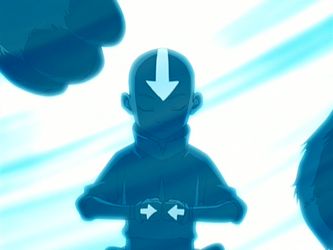Silence is Electric
By Shirah KrausSeptember 18, 2015 - 15:54


Serendip is an independent site partnering with faculty at multiple colleges and universities around the world. Happy exploring!



“Slipping into Something More (Un) comfortable”: Untangling Identity, Unsettling Community
September 16th, 2015

The Paradox of Diversity at Bryn Mawr


Just a few months ago, I found myself trying to choose a college to attend in the coming fall -- similar to most high school seniors across America. As I compared academics and extracurriculars and student:teacher ratios and graduation rates, I tried reaching out to alumni of my high school who had gone to the various colleges I had narrowed down to. Surprisingly, no one from my high school had chosen Bryn Mawr College for several years. Very few students had heard of Bryn Mawr at all. After much probing, I finally reached my friend’s adult sister, who had graduated from Bryn Mawr college over a decade ago.
“So what was your experience like?” I recall asking her excitedly.

A constant refrain in my life is negotiating silences caused, perpetuated, and created by people. I am discovering the meaning of this part of me that seems to hold be back and its manifestations. One-way my learning difference arises is though speech. How do I navigate or maneuver gracefully through listening and movement? I have trouble understanding when others communicate without words. Contrastingly, in “Silence: A Collage” Peter Elbow explains that most of the reasoning and nuances are found when people are not speaking: “The foundation of verbal meaning often lies in the silence of what is felt nonverbally and bodily” (Elbow 176). What are people “saying”? What am I missing? What can I not comprehend? How do I make people feel heard? How am I supposed to respond?

Slippage describes the act of a gaffe in the context of cultural and/or social unawareness. Unawareness could stem from true lack of understanding or just gaps in one’s knowledge or social skills. However, unawareness is no excuse for the act and no one is immune from making this kind of error. The most important part of slipping is actually the actions that occur after it has happened. Recognizing our own mistakes and working to correct them is vital. Only until we can be aware of ourselves can we be truly aware of others’ and their histories. In the reverse situations, we cannot leave each other to figure out their slips on their own; we must speak up and educate them before it is too late.

After reading Anne Dalke’s, “Slipping into Something More (Un)comfortable,” I have spent a lot of time mulling over the possibilities of what it really means to “slip.” I rationalized that “slipping,” in a broader sense of the word, means unconsciously allowing actions to negatively impact others. In a more refined, and possibly closer definition to the one Dalke intended, to slip is to unintentionally revert to a mentally constraining belief or set of beliefs ingrained by societal norms.

“People in U.S. cultural contexts often evaluate those who are quick and effusive in their verbal responses more favorably than those who are quieter.” (Kim and Markus 189).

Slippage is a complicated notion, and it is personal experiences and history, that construct each individual's